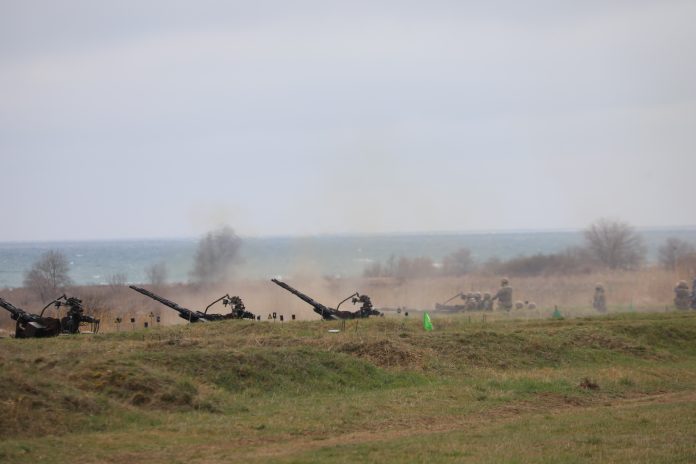Army representatives acknowledge that there are issues in conducting the mobilisation exercises for reservists, but maintain that these exercises are precisely intended to identify and address any shortcomings that arise during the process.
Between 12 and 20 October, reservists residing in Bucharest and Ilfov county were called up for a mobilisation exercise called MOBEX B-IF-25, aimed at verifying the staffing and equipment of military units, as well as strengthening cohesion between reservists and active-duty servicemen.
Reports have emerged in the public space from some reservists who pointed out problems with the way they were summoned to the military units to which they are assigned.
The spokesman for the National Defence Ministry (MApN), Colonel Corneliu Stefan Pavel argued that one of the objectives of these exercises is precisely to identify the issues that arise during the process, so they can be addressed.
„Of course, problems may occur, there are many reservists, over 10,000 here in Bucharest. That is exactly the purpose of the exercise, to adapt to current conditions and identify what does not work, so we can address it along the way. (…) One of the goals of the exercise is to encourage collaboration and cooperation between active-duty soldiers and reservists. Those who served in the army, who later became reservists have lost contact with the activities of the Romanian Army. They are brought up to date on a specific day with the procedures currently used by Romanian troops, a refresher on firing drills. (…) At the end of the exercise, we will carry out an assessment of all the issues we encountered. (…) Another objective we seek is to determine, under conditions of transition from peacetime to mobilisation, crisis, siege or wartime, how quickly reservists report to their units. They can be notified 24 hours in advance or even with shorter notice. (…) These reservists have an average age of 45 to 48,” Colonel Stefan Pavel explained.
He also explained how mobilisation is carried out: „Reservists are notified by our colleagues from the Ministry of Internal Affairs to report to a specific military unit to which they are assigned, their identity documents are checked, they receive a workplace safety briefing, then undergo a basic psychological evaluation, after which they are equipped and weapons are handed over. If scheduled, they take part in firing drills.”
Stefan Pavel mentioned that reservists who fail to report risk penalties and fines, but added that „in general, it is best not to reach the stage of issuing fines.” AGERPRES




